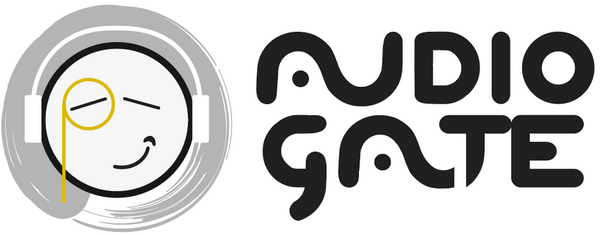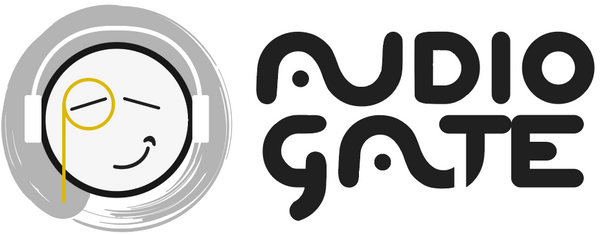-
Descripción del Producto
The M72s-CSV is based on the most sought after vintage amplifier module—the Telefunken/Siemens V72s—which is most famous for being installed in REDD.37 consoles, used on all the early Beatles recordings by George Martin at Abbey Road Studios in London, England.
Inspired by the vintage tone, craftsmanship and practicality of the original, modular, tube amplifier from the console. We wanted to pay homage in every detail. From the color of paint, to the style of venting used, to the nickel plated handles that were used to remove it from the slotted DIN rack on the console side. Bringing back the sound, look and feel that inspired not only this product but this company, Mercury, to manufacture recording equipment and keep this and other beloved circuits alive to make more music for another generation.
The Mercury M72s-CSV is based on the module used in consoles which are very rare due to a minimal amount made. The more common V72 amplifier modules (not marked with the lower case "s", ie V72s) were later modified and have been sold for many years as outboard preamplifiers all over the world. Neither of these amplifier modules have been available new for more than 50 years. So, working units have become extremely rare, very expensive and in some cases are now in need of much repair.
Regardless of cost, the uniquely musical tonal characteristics of these amplifiers has made them the prized possession of many engineers lucky enough to get the vintage modules, and a "secret weapon" for many studio musicians. Mercury Recording Equipment is proud to have a faithful reproduction in the M72s-CSV. We have 20+ years of experience with the amplifiers and feel we have captured not only how the units behave, but how they sound overall. We are confident with the addition of modern features, making the M72s much more versatile, without sacrificing the most important feature: Musicalit.
Mercury M72s-CSV Features
The Gain of the Mercury M72s is variable from 28dB to 58dB, in 3dB increments, controlled with a high quality rotary switch. Also, there is an option of a selectable Input Pad of -16dB or -28dB for even more control. Additionally, when the -28dB pad is engaged and it is set at the lowest gain setting (28dB) you can run signal through the M72s-CSV to add warmth and tonality to any tracks, mixes, keyboards, drum machines, samples etc... There are also all the modern features we expect on a new piece of equipment: Phantom Power (on/off) , Phase (Polarity) Reversal, and our amazing sounding FDI (FET Direct Input) circuit per channel.
The Mercury FDI (FET Direct Input) is a proprietary J-Fet circuit, based on a class-A tube topology. The Mercury FDI is designed to reproduce every nuance of a direct recording, while the circuit lets the tube or solid-state character of the amplifier determine the overall tone. The instrument DI signal is sent through the entire microphone preamp circuitry, including Mercury’s custom, massive input transformers, so that the individual character of each preamp comes through.
The Mercury M72s-CSV has the rich lows and punchy mids giving you that 'instant' vocal tone, or assisting with a realistic acoustic guitar tone, punch to bass guitar. The same reaction to instruments or source as the vintage module but with slightly more open high end and openness. The Mercury M72s-CSV Studio Microphone Amplifier has that "vintage" tone and break up like the original circuit but it is a bit more musical over all (not cleaner, but more musical—there is a huge difference).


Mic Input Impedance: Approx. 2k 
Suggested Source Impedance: Approx. 200 ohms 
Input Impedance with -28dB Pad: Approx. 4k 
DI Input Impedance: 2M ohms 
Internal Output Impedance: 30-50 ohms (depends on gain setting) 
Suggested Minimum Load: 500 ohms 
Max. Mic Signal Input Level (@ 20 Hz): +34dBu with -28dB Pad engaged / +6dBu with Pad not engaged 
Max. Output Level: +22dBu 
Frequency Response: 20 Hz to 20 kHz +/- 0.5dB 
Harmonic Distortion: All musically related low orders of harmonics, with no significant order above 5th. More info

-
Reseñas
-
-
Detalles del Producto
- Marca: Mercury


